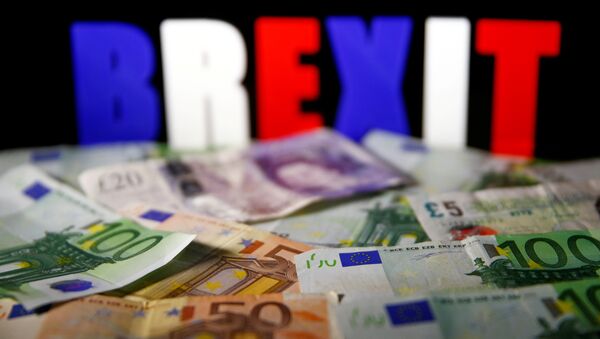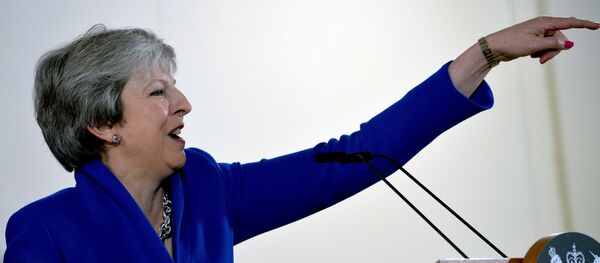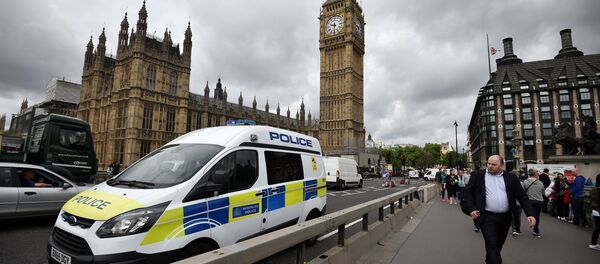"This year the idea of EFTA membership has become a lot less unknown in terms of Parliament. We had the first EFTA debate in Parliament in February and there are quite a few people open to looking at it. The issue with Brexit is that there are a lot of vocal people who were either just for leaving or staying in the EU. So there's this middle ground that hasn't really been listened to," van Randwyck said.
READ MORE: UK Holidaymakers to Pay Extra for EU Visits if No Brexit Deal Made — Reports
According to the campaigner, the EFTA membership would both return agriculture policy, fisheries, home affairs, and justice under UK control, and ensure frictionless borders.
"What's good about EFTA from the Brexiteer point of view it gives Britain 70 percent of what they voted for – agriculture, fisheries, home affairs, justice… They are immediately under UK control again. In terms of a business point of view it's very smooth, like flicking a switch," he argued.
The campaigner also noted that it would be easy for the United Kingdom to switch to EFTA membership, as the country had never triggered the process of leaving the European Economic Area (EEA).
"With EFTA membership, 70 percent of EU regulations disappear so it's just the EEA regulations that remain. Of that, 90 percent of those are done at the global level, so Britain has a vote then, it will be back on the WTO being able to vote [as an individual member, not as part of the EU], so when people say 'oh the UK won't have a vote,' well actually they will. So obviously there's less money to give to the EU and we have the freedom to just go ahead and organise for trade agreements around the world," van Randwyck clarified.
He noted that, as an EFTA member, the United Kingdom would also enjoy free movement of goods, services, capital and people, stressing that EFTA countries "do control immigration."
Van Randwyck went on to say that he believed EFTA membership could also resolve the Irish border issue, as product standards and the movement of persons in both the United Kingdom and the Republic of Ireland would continue to be bound by the same EEA rules.
"If we're still in the EEA like Ireland would be, there shouldn't be a problem as Norway and Sweden don't have a problem, so I don't think it's going to be a big issue," he said.
According to van Randwyck, the Northern Ireland issue was a "bit of a red herring," with the ongoing heated debate around it likely to be more connected with the Democratic Unionist Party (DUP)’s wider dissatisfaction with Prime Minister Theresa May.
"This isn't just about the backstop, there's a whole lot of other things in the Withdrawal Agreement that the DUP are not happy with, so it's not as good as a transition into EFTA/EEA option. I feel if they were offered a choice they'd prefer it. It is time for Plan B options, and options that can be easily implemented, by end-March," he pointed out.
READ MORE: 'The UK is Headed for a Crash Out Brexit' — Professor
The United Kingdom was a founding member of the EFTA from its establishment in 1960 but left the association in 1972 to join the European Economic Community (EEC).
Although all EFTA member states — Iceland, Liechtenstein, Norway, and Switzerland — are in the European Single Market, they are not bound by the rules of the EU
Customs Union, and thereby have the capacity to regulate trade with third-party nations outside of the European Union.
Although EFTA has now shrunk from the initial seven members to just four, certain Eurosceptics have consistently looked to the organization as a means of moving beyond what they see as the constricting influence of the European Union, believing that EFTA membership may also be a way to solve the Northern Irish border.
Views and opinions expressed in the article are those of the speaker and do not necessarily reflect those of Sputnik.



